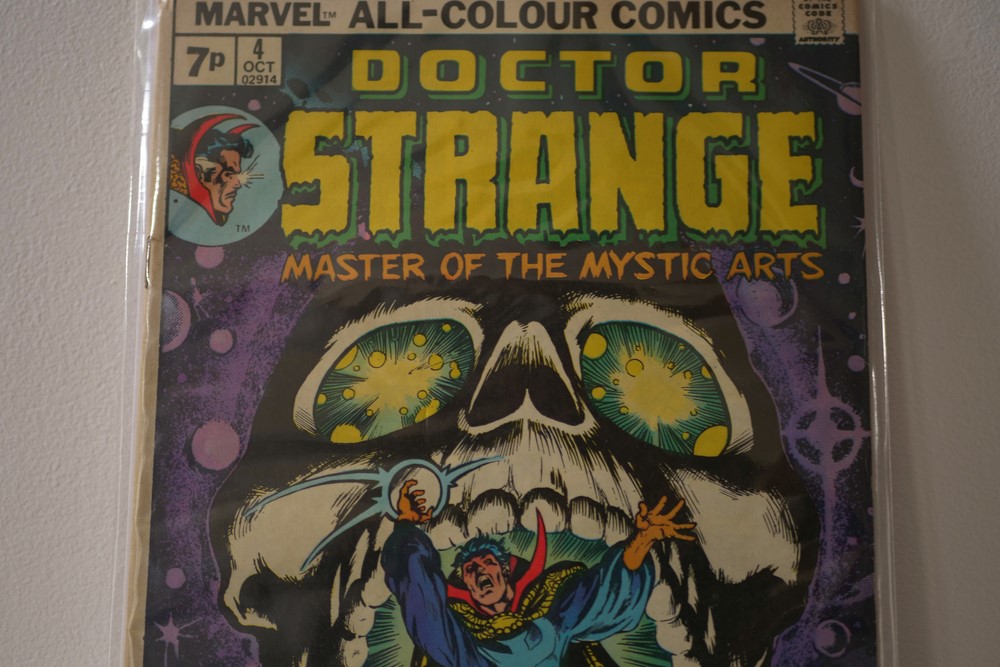Race, Authorship, and ‘American Dirt’: Who Owns Migration Narratives?
This article has a set of discussion questions tailored for classroom use. Click here to download them. To see a full list of articles with discussion questions and other resources, visit our “Educational Resources” page.
Fiction allows both readers and writers to inhabit perspectives wildly different from their own, which is perhaps one of its greatest attractions. However, this sense of fluidity has limitations, which are constantly being redrawn and contested within the literary community. For example, it’s hotly debated whether it’s possible, or even valuable, for a white author to inhabit the perspective of a person of color, or for an American to authentically reproduce the perspective of a Mexican migrant. What agendas do such appropriated narratives serve, and what do they tell us about what it means to be an author?
These questions can be explored through Jeanine Cummins’s novel American Dirt, and more broadly, through the storm of controversy surrounding the novel. American Dirt, published in January 2020 by Flatiron Books, tells the story of Lydia, a middle-class bookseller who flees Mexico with her young son after being targeted by the drug cartel that murdered her husband. Jeanine Cummins, the half-Irish half-Puerto Rican author, researched the novel for seven years, taking frequent trips to Mexico and conducting interviews with undocumented migrants to give her story a veneer of authenticity.
Almost immediately after the book was released, it inspired outrage in both professional critics and general readers alike. The most galvanizing of these reactions was Myriam Gurba’s review of the novel, in which she accuses Cummins of
“1. Appropriating genius works by people of color
2. Slapping a coat of mayonesa on them to make palatable […] and
3. Repackaging them for mass racially ‘colorblind’ consumption.”
Like many critics, Gurba takes issue with American Dirt’s reliance on racist cliches, labeling it thinly-veiled trauma porn geared at middle-class white readers rather than an authentic depiction of displacement and oppression. Many also took issue with the claim on the jacket of the book that Cummins’s husband immigrated to America illegally, a vague statement that purposefully lends more authority to her writing. However, the jacket fails to mention that her husband is a white man who immigrated to the States from Ireland, not Mexico.
Outraged with the commercial success the novel, 124 writers signed a letter urging Oprah Winfrey to remove American Dirt from her book club list. In the letter, the writers explain that,
“Many of us are also fiction writers, and we believe in the right to write outside of our own experiences: writing fiction is essentially impossible to do without imagining people who are not ourselves. However, when writing about experiences that are not our own, especially when writing about the experiences of marginalized people, still more especially when these lived experiences are heavily politicized, oppressed, threatened, and disbelieved—when this is the case, the writer’s duty to imagine well, responsibly, and with complexity becomes even more critical.”
Cummins writes in the novel’s defensive afterword that “the conversation [surrounding immigration] always seemed to turn around policy issues, to the absolute exclusion of moral or humanitarian concerns,” and that she only “wished someone slightly browner than me would write it.” Her stated aim is to encourage readers to sympathize with migrants through Lydia, a character whose “respectable” middle-class values will remind them of their own. Some of the books defenders have cited that approach as a necessary evil. On an episode of NPR’s “Latino USA” podcast, Sandra Cisneros, one of the novel’s few vocal advocates, argued that American Dirt is
“going to be [for an audience] who maybe is undecided about issues at the border. It’s going to be [for] someone who wants to be entertained, and the story is going to enter like a Trojan horse and change minds. And it’s going to change the minds that, perhaps, I can’t change.”
In other words, Cisneros is arguing that white authors can reach audiences that non-white authors won’t have access to, and that it’s a worthwhile task to move these audiences emotionally, even if harmful tropes are employed to do so.
Bob Miller, the president of Flatiron Books, issued a statement to address the controversy surrounding Cummins’s novel. He claims that Flatiron
“made serious mistakes in the way we rolled out this book. We should never have claimed that it was a novel that defined the migrant experience; we should not have said that Jeanine’s husband was an undocumented immigrant while not specifying that he was from Ireland […] We can now see how insensitive those and other decisions were, and we regret them.”
Miller acknowledges the validity of Cummins’s critics and the myopia of the publishing industry, stating that,
“the fact that we were surprised [by the controversy] is indicative of a problem, which is that in positioning this novel, we failed to acknowledge our own limits. The discussion around this book has exposed deep inadequacies in how we at Flatiron Books address issues of representation, both in the books we publish and in the teams that work on them.”
At the same time, he laments that “a work of fiction that was well-intentioned has led to such vitriolic rancor. While there are valid criticisms around our promotion of this book that is no excuse for the fact that in some cases there have been threats of physical violence [against Cummins].” In lieu of the planned book tour, the author will attend a series of “townhall meetings, where [Cummins] will be joined by some of the groups who have raised objections to the book.” Miller claims that this alternative “provides an opportunity to come together and unearth difficult truths to help us move forward as a community.”
The controversy surrounding American Dirt ties into a perennial debate on the relationship between identity and writing. In an article on the ethics of authorship for The New Yorker, Louis Menand explores two competing models of how identity impacts authorship. In the late 20th-century, the “hybrid” author was championed by white literary theorists. In that model, the author is a nebulous being with no fixed racial or gender identity, as such things were considered extraneous to the meaning of the text. The author can and should inhabit any role, regardless of who they are. But because of our growing consciousness of racial and gender politics, according to Menand,
“hybridity is out; intersectionality is in. People are imagined as the sum of their race, gender, sexuality, ableness, and other identities. Individuals not only bear the entire history of these identities; they ‘own’ them. A person who is not defined by them cannot tell the world what it is like to be a person who is. If you were not born it, you should not perform it.”
Menand’s description of intersectional authorship (and “intersectional” may not be the most accurate word to describe this model) feels almost petulant. Those who criticize insensitive portrayals of race or gender are cast by Menand as greedy gatekeepers, and those who are forced to write in such a climate are fettered by their identity. In actuality, the hybrid model allows harmful stereotypes to be reproduced by even well-meaning authors under the guise of imaginative fluidity. Furthermore, the intersectional model does not exclude the hybrid one as completely as Menand assumes, as authors can both inhabit different perspectives and remain sensitive to issues of race.
This point is evident in the critical reaction to American Dirt. Parul Sehgal, reviewing American Dirt for the New York Times, writes,
“I’m of the persuasion that fiction necessarily, even rather beautifully, requires imagining an ‘other’ of some kind. As the novelist Hari Kunzru has argued, imagining ourselves into other lives and other subjectives is an act of ethical urgency. The caveat is to do this work of representation responsibly, and well. […] Cummins has put in the research, as she describes in her afterword […] Still, the book feels conspicuously like the work of an outsider.”
The issue that Sehgal, and many other critics, have with the novel is not that Cummins made an attempt at inhabiting another perspective, but that the attempt was made without sensitivity to the political implications of the act. The letter addressed to Oprah further speaks to this criticism; the coalition of writers explicitly acknowledge that fiction is a place to explore identity, but explain that Cummins’s novel fails to give her subject the weight it deserves as a political issue. As Sehgal says,
“[American Dirt] is determinedly apolitical. The deep roots of these forced migrations are never interrogated; the American reader can read without fear of uncomfortable self-reproach. It asks only for us to accept that ‘these people are people,’ while giving us the saintly to root for and the barbarous to deplore—and then congratulating us for caring.”
In other words, such subject matter will always be political, and it is Cummins’s inability to acknowledge that which ultimately dooms her novel.
The publishing industry’s whiteness, as Miller acknowledges, plays a large role in what kind of stories considered worth telling, and writers should be allowed to take on different perspectives to broaden the horizons of the literary world. Writers are even morally obligated to acknowledge issues like immigration, to foster the growth of sympathy and connection between disparate groups. As British literary critic Frank Kermode said, “fictions are for finding things out, and they change as the needs of sense-making change. Myths are agents of stability, fiction the agents of change.” But ultimately, we cannot pretend that an American author appropriating the experience of an undocumented migrant is somehow not fraught with political meaning, just because it’s happening in the pages of a book.





